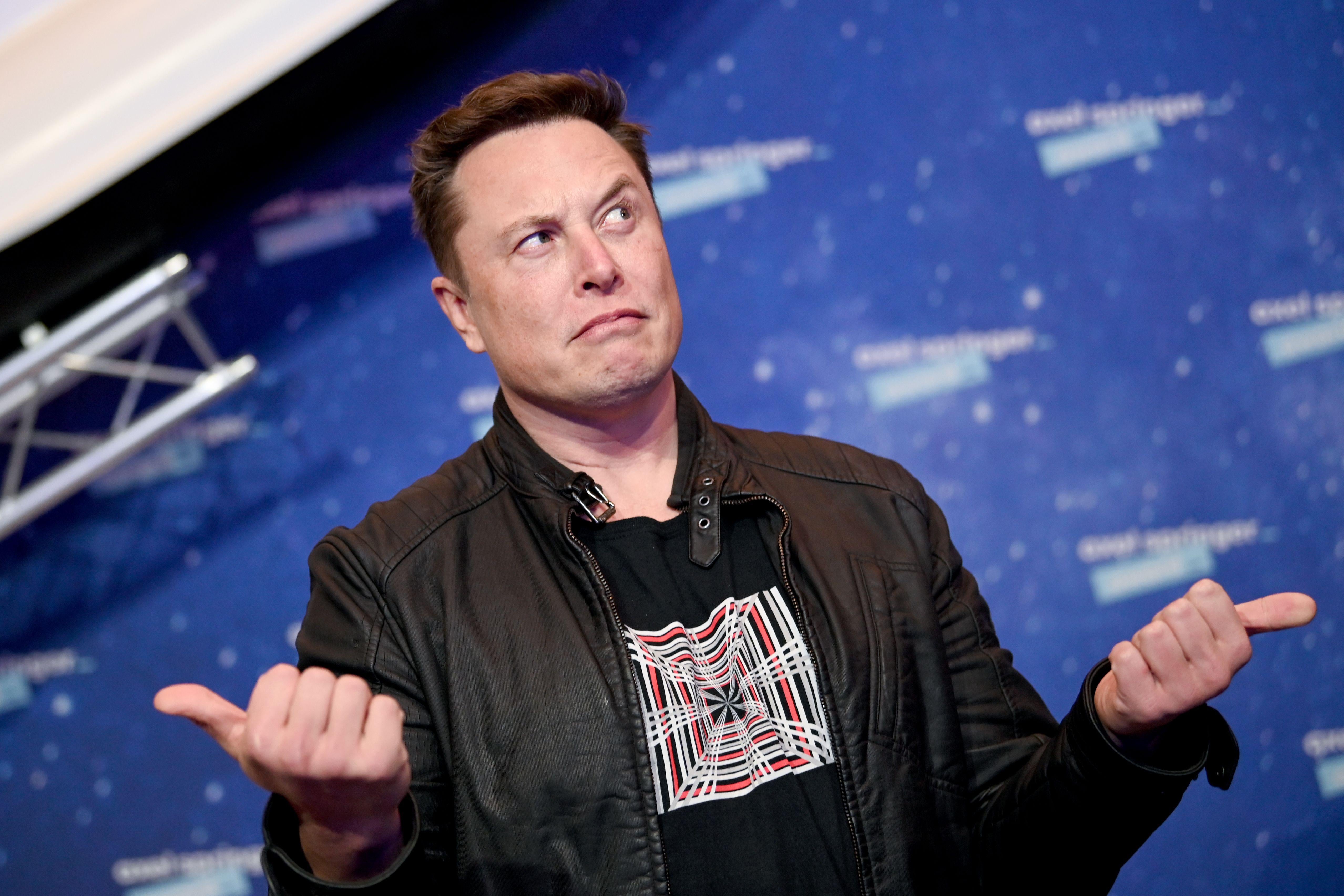Over the weekend, Elon Musk used the occasion of his Saturday Night Live opening monologue to announce that he has Asperger’s syndrome, a form of autism. Musk claimed to be making history as “the first person with Asperger’s to host—or at least the first to admit it.” At Newsweek, opinion contributor Peter Fox described it as a “small but significant milestone in the history of neurodiversity.” There aren’t that many openly autistic writers out there, and we tend to know each other, so I want to be clear that I respect Peter Fox deeply. However, I could not disagree with him more on the nature of this “milestone.” Musk’s “coming out” is self-serving and hollow, a poor attempt at laundering his image as a heartless billionaire more concerned with cryptocurrency and rocket ships than the lives of others.
Elon Musk was not, in fact, the first person with Asperger’s syndrome to host Saturday Night Live. He did not make history or break any barriers. That honor belongs to former SNL cast member and all-time great Dan Aykroyd, who has openly discussed his diagnosis for almost two decades, and returned to host in 2003. For Musk to say he was first to do something when he quite obviously wasn’t is entirely on-brand. In 2018, Musk enthusiastically spoke about a bold new kind of transportation: “pods” that transport up to 16 passengers through underground tunnels. Riders could access these pods through “parking-spot-sized stations.” Critics quickly pointed out that Musk was basically describing a subway.
The Asperger/Autism Network, a small New England nonprofit, told TMZ that traffic to its website more than doubled after Musk made his announcement, and at CNN Business, Alexis Benveniste praised Musk, saying that his disclosure “opened up a larger conversation about business leadership and the autism spectrum.” Comedian Jeremy McLellan, who is also on the spectrum, sarcastically joked, “inspiring moment of progress for everyone on the spectrum who is also a billionaire,” followed by a heart emoji.* Either way, Musk is hardly representative of the community at large. In January, CNBC announced that Musk was the richest man in the world, surpassing Jeff Bezos of Amazon with a net worth of $185 billion. Meanwhile, most autistic people live in poverty. In the most recent data out of the United Kingdom, less than 22 percent of autistic people had any kind of employment. Older studies in the United States also suggest a remarkably high rate of unemployment. According to the A.J. Drexel Autism Institute, autistics have the lowest employment rate among disabled people. Autistic people are at high risk of homelessness—I have experienced unstable housing myself.
In addition to poverty, autistic people are also at elevated risk of police violence. This is especially true when they are Black, Latino, or Indigenous. Just last month, Isaias Cervantes was shot by police. His family had called emergency services for help because Cervantes was having a mental health crisis. He survived, but many others have not been so lucky. I think of Stephon Watts often. In 2015, the teenager was shot to death by police in his own home. Why? The officers felt threatened because Watts was holding a butter knife. Police departments do training after training, but autistic people keep getting killed anyway. The officer who killed Stephon Watts had received special training in deescalation and autism. It did not save the teenager’s life.
Meanwhile, Elon Musk spent the past year spreading COVID misinformation, donating fake ventilators to hospitals, and forcing Tesla workers to go back to their factory jobs despite the risk to their health, resulting in 450 employees becoming infected. (It is unclear if any died.) Musk’s decision to force open his factories is unsurprising. He has a long history of opposing labor rights. In 2017, Musk even faced legal consequences for threatening to retaliate against employees for attempting to unionize.
All of this, of course, could be dismissed as mere autistic eccentricity. Musk certainly seems to want that. “Look, I know I say or post strange things but that’s just how my brain works,” he said during his SNL monologue. “To anyone I have offended, I just want to say I reinvented electric cars and I’m sending people to Mars on a rocket ship. Did you think I was also going to be a chill, normal dude?” Apparently, Asperger’s syndrome means never having to say you’re sorry.
So what has Elon Musk done to help his supposed peers on the spectrum? Well, a few years ago, he claimed that his venture Neuralink would someday create brain implants that would “solve” autism, along with conditions like schizophrenia and Parkinson’s disease. When? No one knows. For reference, Elon Musk has long made promises about self-driving cars with little basis in reality. I can’t speak for all autistic people, but I feel confident saying that most want the same things I want: safety, housing, meaningful employment, friendship, independence. Brain chips to magically fix autism aren’t exactly a priority.
“Musk may not be the ideal role model for the autistic community and its urgent needs,” Peter Fox writes, “but with so few public figures to look up to, the significance of his announcement can’t be dismissed either.” Elon Musk is not a role model. Most of us aren’t going to ever be billionaires. What is there to look up to? It’s like trying to look up to a zebra or a space alien. We aren’t even the same species. Our lives bear so little resemblance to his. He isn’t interested in ameliorating poverty or helping other autistic people lead good lives. He’s interested in Dogecoin and rocket ships. Another rich white tech guy says he’s on the spectrum. So what?
Correction, May 12, 2021: This post originally misspelled Jeremy McLellan’s last name.
